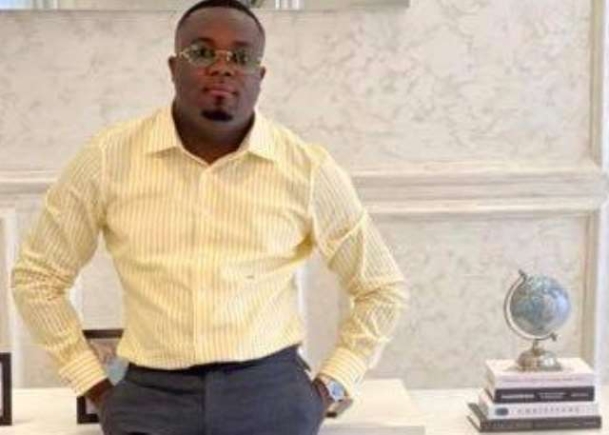In a shocking case that has spanned nearly a decade, four Ghanaian nationals have been indicted for allegedly masterminding a sophisticated criminal enterprise that defrauded vulnerable individuals and businesses of more than $100 million.
The accused, Isaac Oduro Boateng, alias "Kofi Boat," Inusah Ahmed, known as "Pascal," Derrick Van Yeboah, referred to as "Van," and Patrick Kwame Asare, dubbed "Borgar", are said to have orchestrated a web of romance scams and business email compromises, targeting victims across the United States, including the Southern District of New York.
According to the unsealed indictment, the group operated under the guise of "sakawa," a Ghanaian term for internet fraud. The scheme preyed on lonely, often elderly individuals, who were deceived into believing they were in romantic relationships with fictitious personas created by the defendants.
"Once trust was established, the victims were manipulated into transferring money to accounts controlled by the Enterprise, which they believed belonged to their romantic partners," the court documents revealed. The conspirators chillingly referred to these victims as "clients" and their stolen funds as "clean money," as the victims were unlikely to immediately report the transactions as fraudulent.
The indictment further detailed how the group expanded their operations to include business email compromises, a tactic where they impersonated company employees or associates to divert funds.
By creating email accounts with slight variations of legitimate addresses, they tricked businesses into wiring large sums to accounts under their control. This method, dubbed "ali baba" by the conspirators, involved forged authorization letters and fake signatures to lend credibility to their requests.
The stolen funds were laundered through a network of middlemen in the U.S., who operated shell companies purportedly involved in automobile sales, food imports, and freight shipping. These middlemen took a cut before funnelling the remainder to West Africa, where the profits were distributed to high-ranking members of the organisation, including Boateng and Ahmed, who held the title of "chairmen." Van Yeboah and Asare, also key figures, played active roles in executing the scams, with Van Yeboah personally engaging in romance fraud.
The long arm of the law finally caught up with the group after a collaborative effort between U.S. and Ghanaian authorities. Boateng, Ahmed, and Van Yeboah were extradited to the U.S. on August 7, 2025, and appeared before a magistrate judge the following day. Asare remains at large. U.S. Attorney Jay Clayton condemned the defendants' actions, stating, "Offshore scammers should know that we, the FBI, and our law enforcement partners will work around the world to combat online fraud and bring perpetrators to justice."
FBI Assistant Director Christopher G. Raia echoed these sentiments, emphasising the emotional and financial toll on victims. "Deceiving businesses and exploiting vulnerable elderly individuals through fraudulent companionship is not merely appalling but illegal," he said.
The defendants face multiple charges, including wire fraud conspiracy, money laundering, and receipt of stolen money, with maximum sentences ranging from five to 20 years per count. Authorities have also moved to seize assets linked to the illicit gains, vowing to recover every possible dollar for the victims.
As the case unfolds, it serves as a stark reminder of the perils of online fraud and the global reach of law enforcement in pursuing justice. For now, the spotlight remains on the alleged "sakawa boys," whose lavish lifestyles, built on the backs of their victims, may soon come crashing down.

